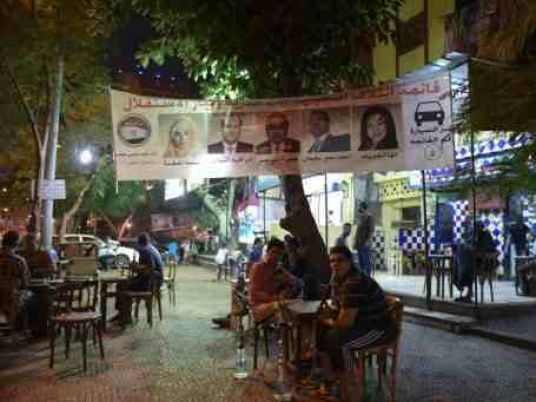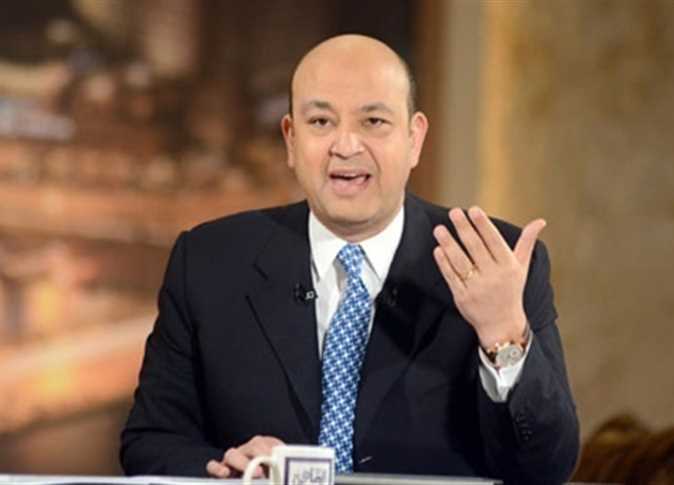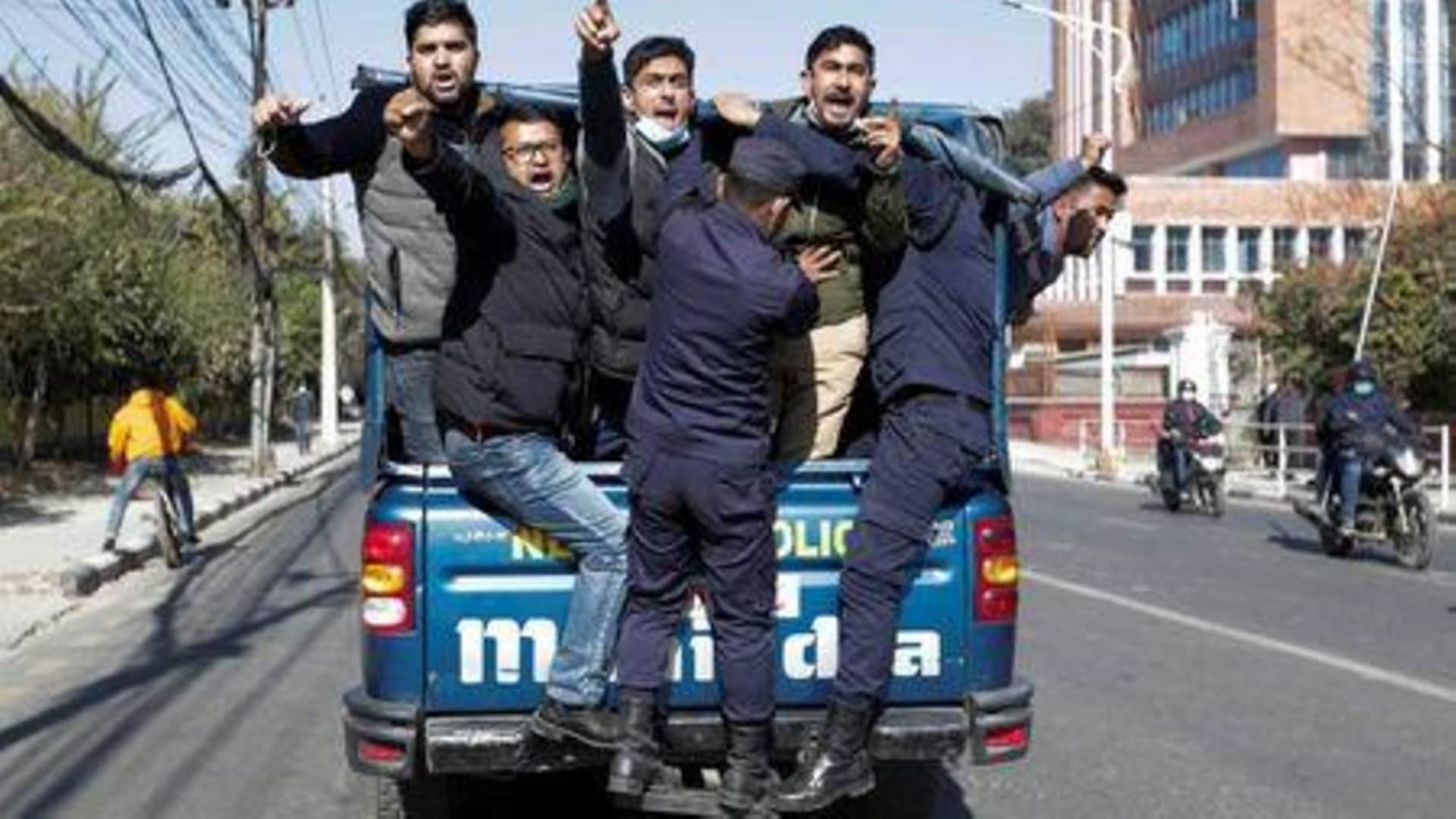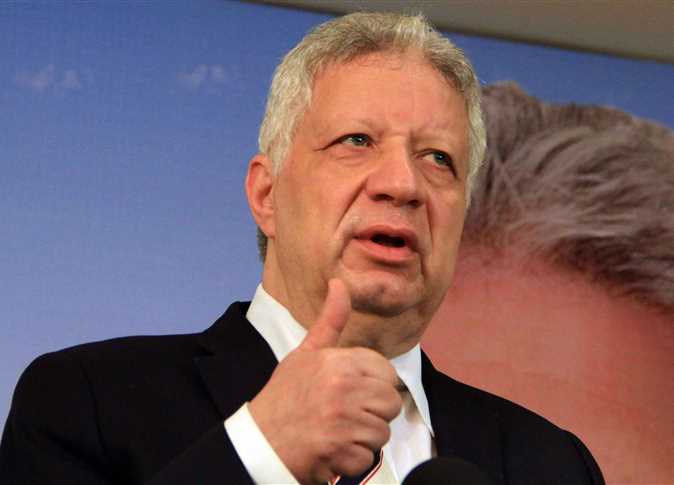
One party — the banned Muslim Brotherhood — will be conspicuously absent from ballot papers Sunday when Egypt's voters head to the polls for long-delayed parliamentary elections.
What had been Egypt's main opposition group for decades fell foul of the authorities after army chief Abdel Fattah al-Sisi ousted Islamist president Mohamed Morsi in 2013 and was elected to succeed him last year.
Since overthrowing the senior Brotherhood figure, Sisi has overseen a deadly crackdown on the group in which hundreds were killed and thousands jailed, including most of the group's leaders.
The Brotherhood's disappearance from the public political scene is a far cry from a group, then officially banned but tolerated, which fielded candidates in parliamentary elections under former president Hosni Mubarak.
Then, campaigning under its own name, the Brotherhood took a whopping 44 percent of seats in the first free democratic elections following Mubarak's ouster in 2011.
That parliament was dissolved in June 2012, but the Brotherhood's popularity shone through days later when Morsi, a civilian, was elected, putting an end to six decades of presidents coming from military ranks.
But while it has been wrested from Egypt's political arena, analysts say this is unlikely to be the last voters see of the Brotherhood.
"The Brotherhood will stay outside the political game as long as President Sisi is in power," said Hazem Hosny, professor of political science at Cairo University.
"The Brotherhood and the regime have gone too far in their confrontation."
Meanwhile, Sisi supporters are widely expected to sweep the parliamentary elections.
– History of repression –
Although reeling from the past two years, political analyst Mustapha Kamel al-Sayyid said it is "out of the question that the crackdown will lead to a complete disappearance" of the Brotherhood.
Formed in 1928, the body was tolerated despite being officially banned during Mubarak's three-decade rule.
Sayyid said the Brotherhood still has pockets of support and is capable of organising protests in rural areas, "even if the gatherings are small".
"It's not the first time the Brotherhood is going through such an experience," he added, referring to the widespread repression the movement experienced under President Gamal Abdel Nasser following an assassination attempt in 1954.
The Brotherhood participated in all but one parliamentary election since 1984 but it is now blacklisted as a "terrorist organisation" and mustering supporters for Sunday's vote would be unthinkable even if its members were able to run for office.
With the Brotherhood out of the running, the Islamist mantle will be carried by the Al-Nur party — an openly pro-Sisi Salafist group that backed Morsi's ouster.
The party is fielding 200 candidates and "is operating in the same space that was given to the Brotherhood under Mubarak", Sayyid said.
"There is a change in the thinking of Egyptian voters given the current political situation," said Al-Nur vice president Ashraf Thabet.
The party is contesting only one-third of the 596 legislative seats, compared with 95 percent in 2011.
Although things look grim for the Brotherhood, experts say its experience in overcoming decades of repression means the group is not gone forever.
"The conditions that led to the emergence of the Brotherhood are still present — deteriorating living standards of the middle class and the attraction to religious slogans in a conservative Egyptian society," said Sayyid.
Or, as Hosny predicted: "The Muslim Brotherhood will return to the political scene, even if it takes them years."




